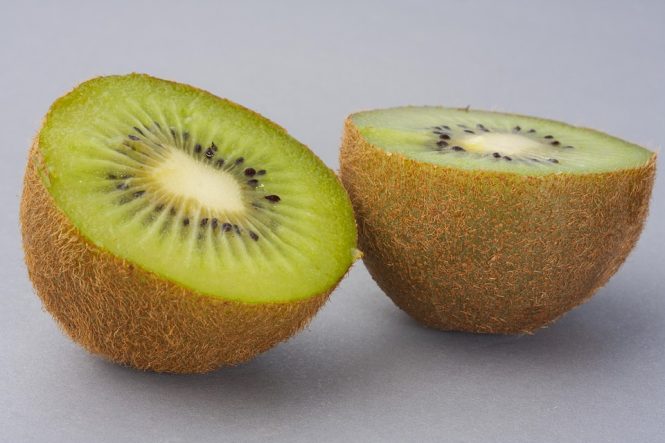
Ditch the Diet: Why Restrictive Eating Doesn’t Work and What to Do Instead
Are you tired of constantly feeling deprived and frustrated with your eating habits? Do you find yourself stuck in a cycle of restrictive dieting, only to ultimately give in to cravings and feel guilty about your food choices? You’re not alone. Millions of people around the world struggle with disordered eating and restrictive dieting, but the truth is, this approach to healthy eating just doesn’t work.
The Problem with Restrictive Eating
Restrictive eating, whether it’s in the form of a specific diet or a self-imposed set of food rules, can have serious negative consequences on our physical and mental health. When we severely limit our food choices, we can become obsessed with the foods we’re not allowed to have, leading to feelings of deprivation and frustration. This can ultimately lead to overeating or bingeing on the very foods we’re trying to avoid.
Furthermore, restrictive eating can also lead to nutrient deficiencies, as we may be cutting out entire food groups or restricting our calorie intake too severely. This can have serious negative consequences on our overall health, including fatigue, weakness, and poor immune function.
Why Diets Don’t Work
The reason why diets don’t work is because they’re often based on unrealistic expectations and a lack of understanding about how our bodies work. Many diets are designed to be followed for a short period of time, with the goal of achieving rapid weight loss or other health benefits. However, these diets are often so restrictive and unpleasant that we can’t sustain them for the long term.
In fact, research has shown that the vast majority of people who go on a diet will ultimately regain the weight they lost, and often even more. This is because diets don’t address the underlying issues that lead to overeating or poor food choices in the first place. Instead, they simply provide a temporary solution that may not be sustainable or healthy in the long term.
What to Do Instead
So, what’s the alternative to restrictive eating and dieting? The answer is to focus on developing a healthy relationship with food and our bodies. This means letting go of the idea that certain foods are “good” or “bad,” and instead, learning to listen to our internal hunger and fullness cues.
Here are some tips to help you ditch the diet and develop a healthier relationship with food:
- Eat intuitively: Pay attention to your hunger and fullness cues, and eat when you’re hungry, stopping when you’re full.
- Focus on addition, not subtraction: Instead of cutting out certain foods, focus on adding more whole, nutrient-dense foods to your diet.
- Practice self-care: Take care of your physical and emotional needs, and prioritize activities that bring you joy and fulfillment.
- Seek support: Surround yourself with people who support and encourage you, and seek out professional help if you’re struggling with disordered eating or body image issues.
- Be patient and kind to yourself: Remember that developing a healthy relationship with food takes time and patience, and be gentle with yourself as you navigate this process.
Conclusion
Ditching the diet and embracing a healthier relationship with food is a journey, not a destination. It takes time, patience, and self-compassion, but the benefits are well worth it. By letting go of restrictive eating and focusing on intuitive eating, self-care, and self-acceptance, we can develop a more positive and healthy relationship with food and our bodies. So, let’s ditch the diet and start our journey towards a healthier, happier us.